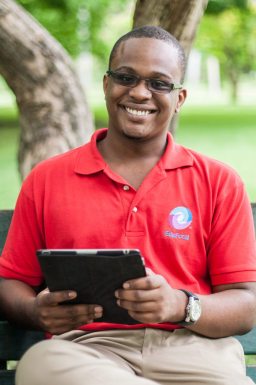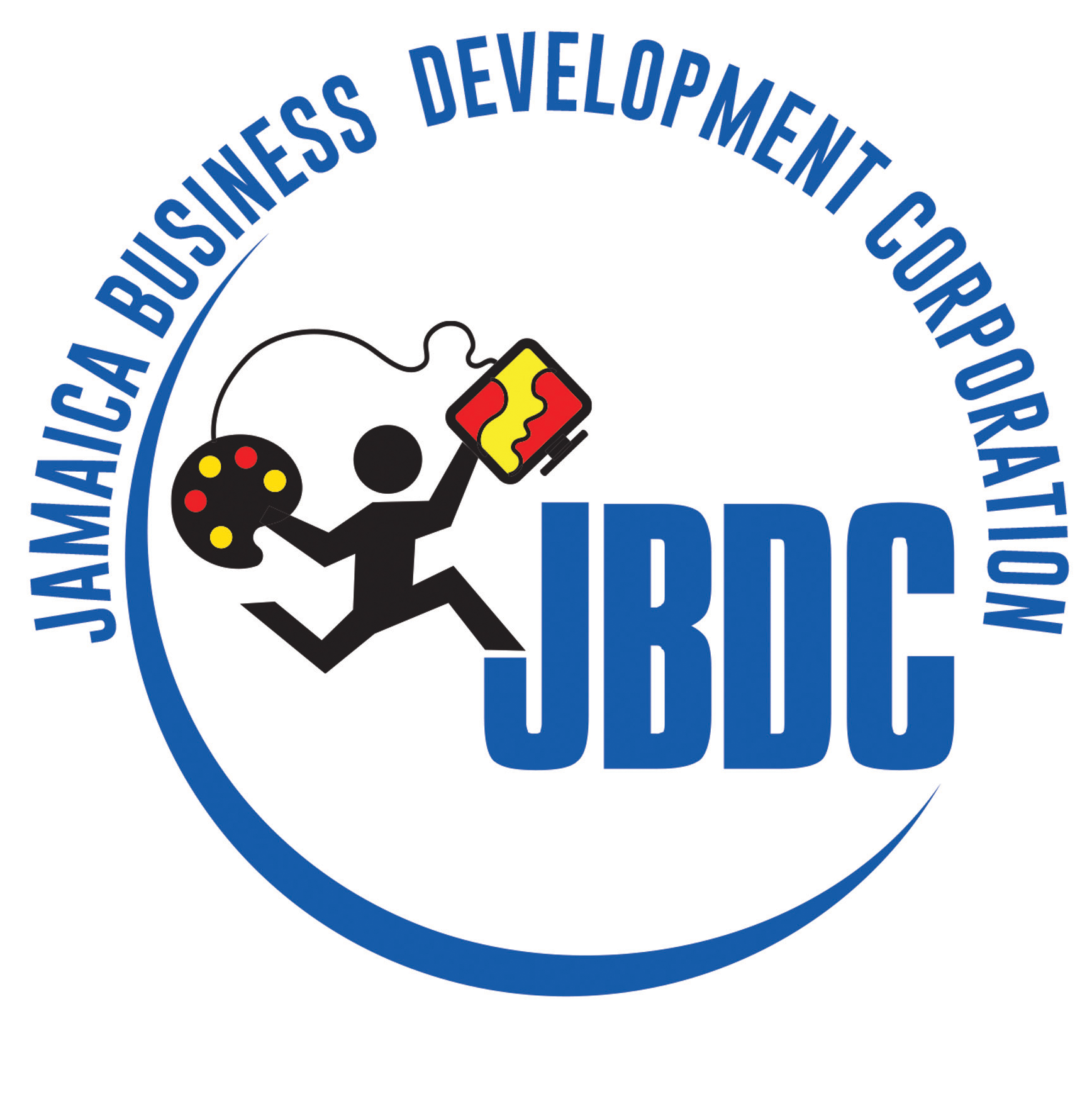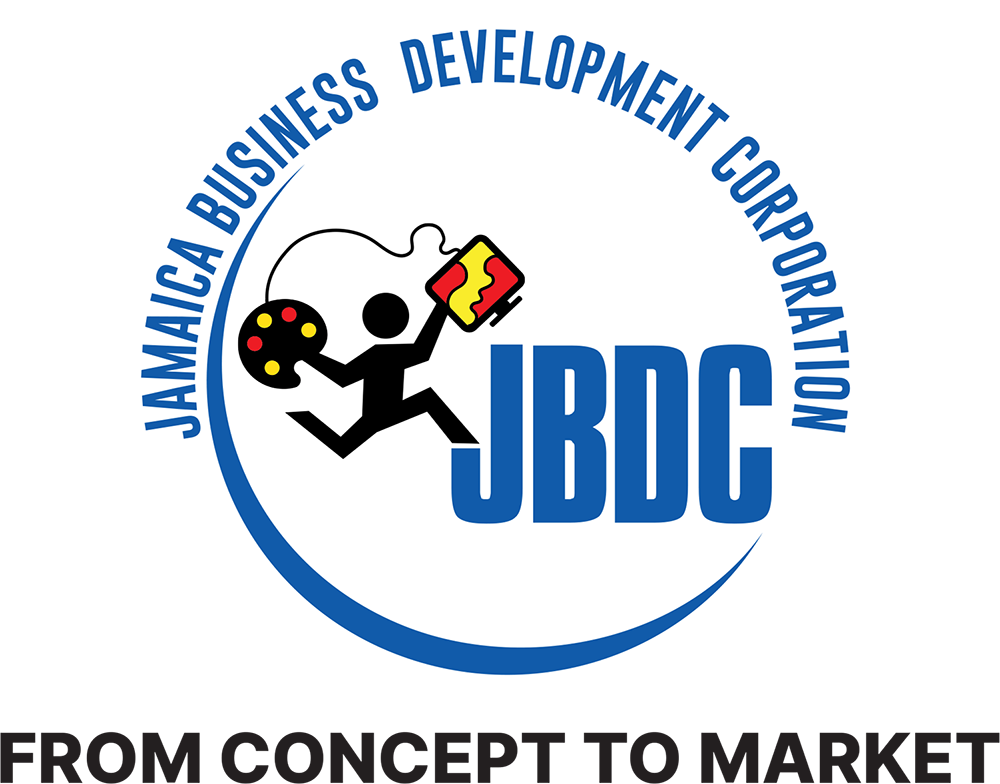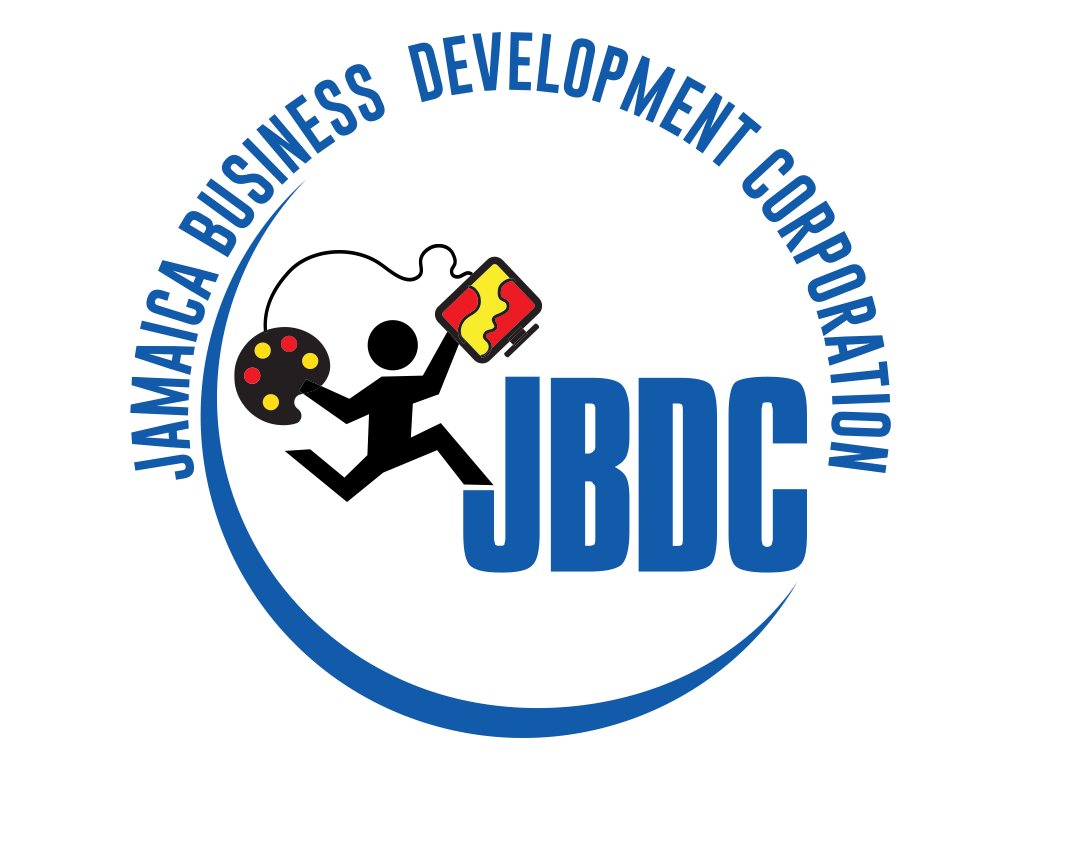
March is the month that brings anxiety to schoolchildren and their parents across Jamaica. It’s when pupils aged 11 or over sit their Grade Six Achievement Test, better known as the GSAT. Some 40,000 students sit the exam every year. For most, the worry is because they and their families feel their entire future depends on it.
In Jamaica, like many places, competition to get into certain secondary schools is fierce, the GSAT exams place pupils into their top five choices by performance – and that’s where Edufocal steps in. “Like in a video game students compete for the top spot. For many it is not school work, it’s playing,” says Gordon Swaby, the company’s chief executive. At that age they love to compete.”
Online competition
It’s an online learning platform that’s getting children to study through “gamification”, making it fun to train for examinations. The firm makes studying more like a computer game, where pupils compete and their high scores are the tests results. “They start on level one on all the subjects,” says Mr. Swaby, and to move up they need to answer the questions correctly. They can win prizes whether it’s a movie ticket, food vouchers, mobile credit. That’s the cultural element to it, Jamaicans love to win stuff, they love incentives,” he says.
Exam tests
Gordon, aged 25, started the business four years ago, but this was not his first online venture. As a teenager he launched a video game website from his rural home in central Jamaica which became one of the biggest gaming sites in the Caribbean. He now employs four people full-time and two part-time with Edufocal, as well as, teachers across the country who are paid to write content for the platform.
It costs about $15 (£10) a month for parents to buy a subscription to Edufocal. This allows pupils to access some 23,000 exams in the core subjects tested by the GSAT; math, languages, arts, science, social studies and communication. Once on the site, they can go through hundreds of tests, get feedback on the ones they got wrong, and also see how well they’re doing on a leader board – creating competition among thousands of pupils.
‘Immediate feedback’
Outside Rollington Town Primary School in downtown Kingston, Jamaica’s capital, the sweet sellers are waiting to see if any of the stragglers will buy a snack. Inside the school, some more punctual pupils are already waiting outside the computer lab, ready for an Edufocal session. In this part of the capital, most parents struggle to even buy lunch for their children, but the school works with them and Edufocal so that all can afford to use the exam preparation platform.
“Most of the parents are unemployed or they don’t have internet access”, says the school’s head teacher, Dr. Margaret Bailey. “We’ve done our work – our mock exams – so we know what the weak areas are of each student. If they are weak in science we use Edufocal classes in science, those who struggle in languages, we do Edufocal classes in languages. We know their strengths and weaknesses because Edufocal gives immediate feedback”.
The company has been tested itself as it began with a $50,000 loan. Mr. Swaby says that having so much debt was the “worst way” to start-up. But it soon found investment via a local tech incubator JGX Labs and support from the Branson Centre of Entrepreneurship. In the early days, the company also benefitted from the support of large established Jamaican companies who saw the site as a positive – business for good in its truest sense.
Changing landscape
Edufocal is now being used by thousands of students across the island. And the firm is now looking towards new markets, especially in the English-speaking Caribbean like Trinidad and Barbados, and to West African countries like Ghana that share a similar curriculum. The company is also looking to add more features to the platform to help students and educators.
“Making personalised recommendations on how pupils need to study is a really powerful, and it’s something we’ve not had in Jamaica before,” says Gordon Swaby. “All of that data is useful, not just for parents but for the Ministry of Education, as they can use it to enable students to see areas which are problematic, it’s data at work and can help change the landscape of education in Jamaica.”








